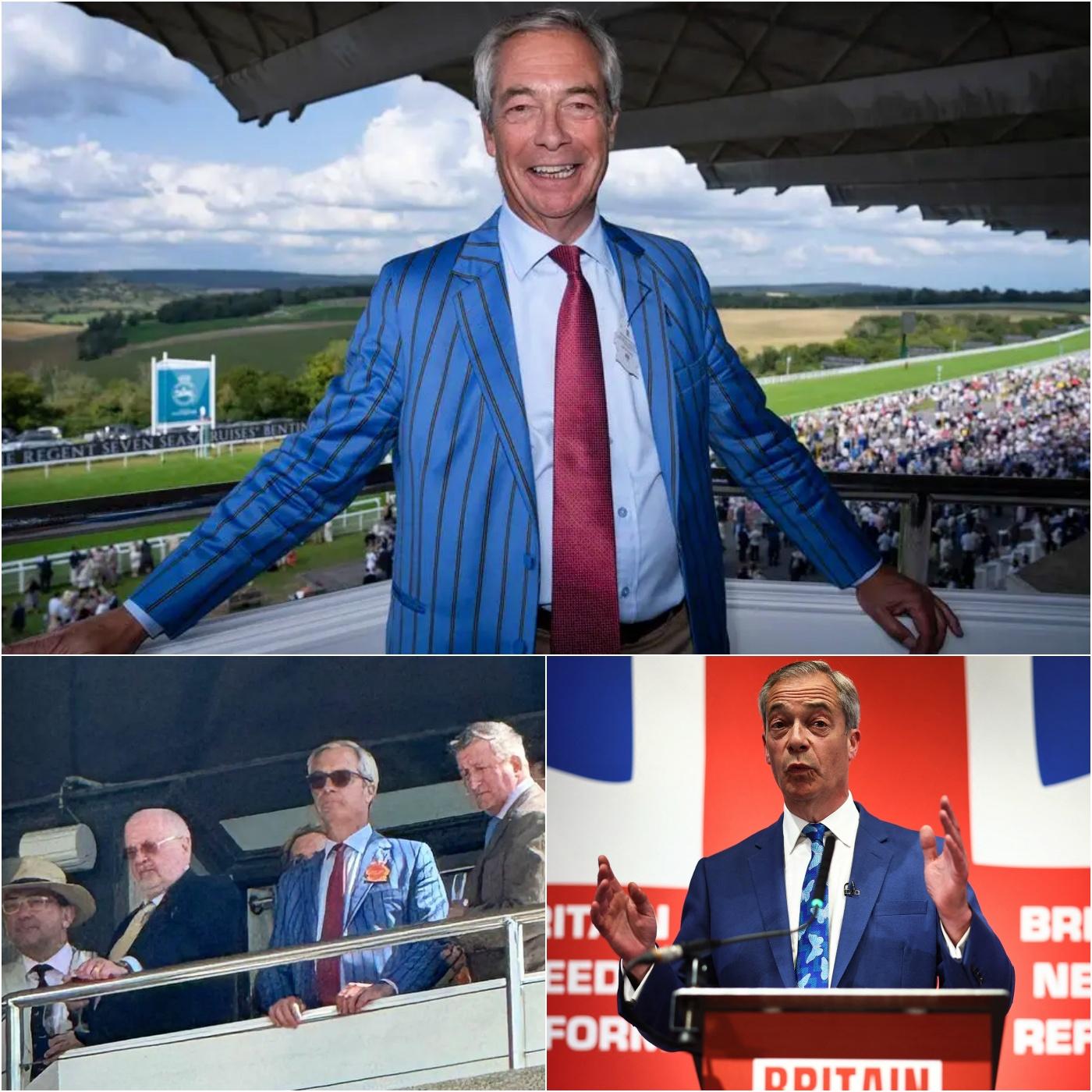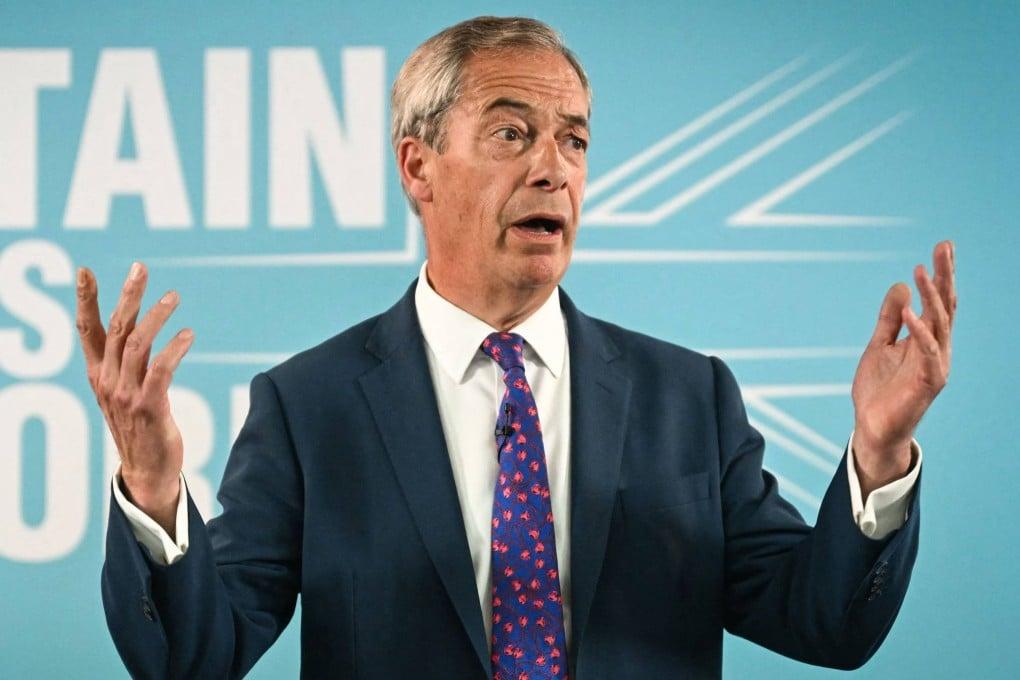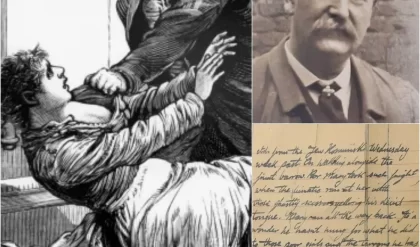The British horseracing industry, a cornerstone of the nation’s cultural and economic fabric, is facing a potential upheaval as the UK government considers a significant tax increase on betting. The proposal, which would align the tax on horseracing bets with the 21 percent rate currently applied to online slots and casinos, has sparked fierce opposition from industry leaders and political figures alike. Among the most vocal critics is Nigel Farage, leader of the Reform Party, whose outspoken stance has ignited a broader conversation about the future of British racing.

Farage, a familiar face at racecourses like Goodwood, where he was recently a guest of owners Jim and Fitri Hay, has thrown his weight behind the British Horseracing Authority’s (BHA) “Axe the Racing Tax” campaign. Speaking to ITV Racing, he expressed his deep concern over the proposed tax hike, which would raise the betting duty from its current 15 percent. “I think there’s also an ignorance here,” Farage said, addressing the misconception among some parliamentarians that all forms of gambling are inherently harmful. “There is an assumption from members of parliament that all gambling is bad, that all gambling leads to ruin. Some of those machines are pretty addictive. I think that horseracing is different.”
The proposed tax increase, part of a Treasury consultation that recently concluded, could have far-reaching consequences. Independent economic modeling forecasts a staggering £330 million loss for British racing within five years if the tax is implemented. More alarmingly, the industry could see over 2,750 jobs at risk in the first year alone. These figures underscore the gravity of the situation for an industry that supports thousands of livelihoods, from jockeys and trainers to stable staff and racecourse employees.
Farage, a self-professed racing enthusiast who attends three or four race days annually, emphasized the cultural significance of the sport. “It’s a really important part of what we do as a country,” he told ITV Racing, highlighting the unique role horseracing plays in British heritage. His comments resonate with many in the industry who see the sport not just as a pastime but as a vital economic engine, particularly in rural communities where racecourses are often major employers.
The BHA has been proactive in rallying public support, launching a petition to demonstrate widespread opposition to the tax hike. The campaign has gained traction, with Farage’s endorsement adding significant political clout. His involvement is particularly noteworthy given his rising influence as leader of Reform UK, a party that has seen a surge in popularity, outperforming Labour in several voter polls since mid-April. With only four MPs in the House of Commons, Farage’s recognizable profile amplifies the campaign’s reach, making it a focal point for racing enthusiasts and political observers alike.

The Treasury’s consultation period may have closed, but the debate is far from over. A minister from the department, speaking at a parliamentary select committee hearing in May, pledged a continued willingness to listen to the racing industry’s concerns. Yet Farage remains skeptical about the government’s understanding of the issue. “I think I’m probably in the minority and it’s worrying for the racing industry because what they’re proposing to put in is going to do the most enormous amount of damage,” he said. His frustration stems from what he perceives as a lack of insight among policymakers, accusing them of “making decisions for everyone else” without fully grasping the implications.
The economic argument against the tax hike is compelling. Horseracing contributes significantly to the UK economy, generating revenue through betting, tourism, and employment. A tax increase could deter bettors, reduce prize money, and ultimately weaken the industry’s global competitiveness. British racing has long been a world leader, with events like the Grand National and Royal Ascot drawing international attention. A financial blow of this magnitude could jeopardize that standing, potentially driving investment and talent overseas.
Farage’s opposition is not without its critics. Some argue that his involvement politicizes an issue that should remain focused on economic and cultural preservation. Others point to his broader political agenda, which includes controversial tax-cutting pledges that have drawn scrutiny from economists. For instance, the Institute for Fiscal Studies has warned that Reform UK’s plan to raise the income tax threshold to £20,000 could cost tens of billions, raising questions about fiscal responsibility. Yet, in the context of the racing tax, Farage’s stance aligns with a broader narrative of protecting British traditions and industries from overreach.
The racing community has welcomed Farage’s support, even as it navigates local tensions. York racecourse, for example, has vowed to continue engaging with its local MP, who supports the tax proposal, highlighting the complex interplay of local and national politics. The industry’s unified front, bolstered by figures like Farage, underscores the urgency of the situation. The BHA’s petition continues to gather signatures, urging supporters to join the fight to “back British horseracing” and preserve an industry that employs thousands and captivates millions.
As the debate unfolds, the racing tax proposal serves as a flashpoint for broader questions about government policy and cultural priorities. Will the government heed the warnings of Farage and industry leaders, or will it press forward with a plan that could reshape the landscape of British racing? The answer remains uncertain, but the stakes are undeniably high. For Farage, the fight is personal as much as political. “I will certainly be fighting it,” he declared, signaling his commitment to a cause that resonates with his vision of a vibrant, independent Britain.
For those invested in the future of horseracing, the call to action is clear. The BHA’s campaign encourages supporters to sign the #AxeTheRacingTax petition, amplifying the industry’s voice in the face of a potentially devastating policy. As the government weighs its next steps, the racing community, backed by influential figures like Farage, stands ready to defend a sport that embodies British tradition and economic vitality. The outcome of this battle could shape the industry for decades to come, making it a story worth watching for anyone who cares about the intersection of culture, economics, and politics in the UK.





